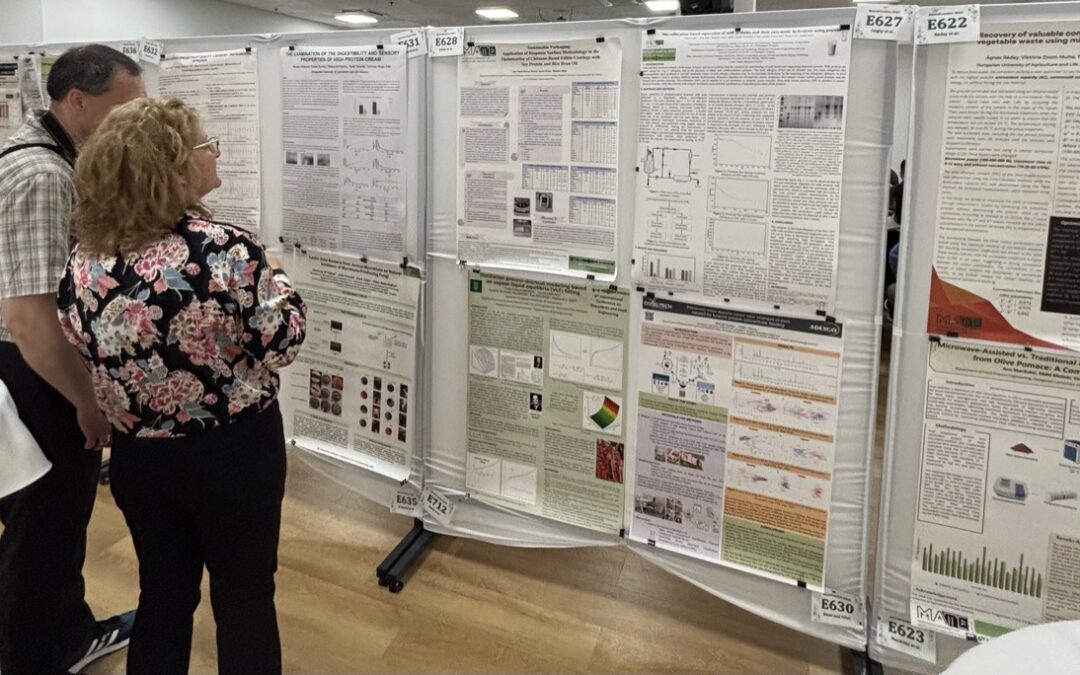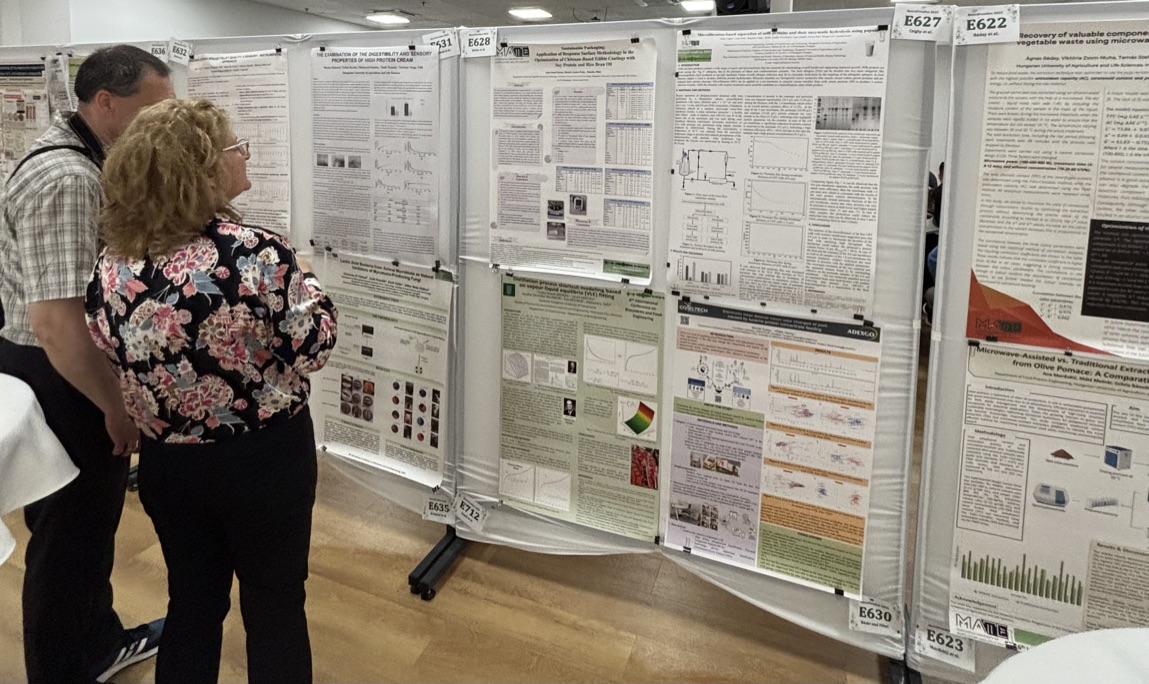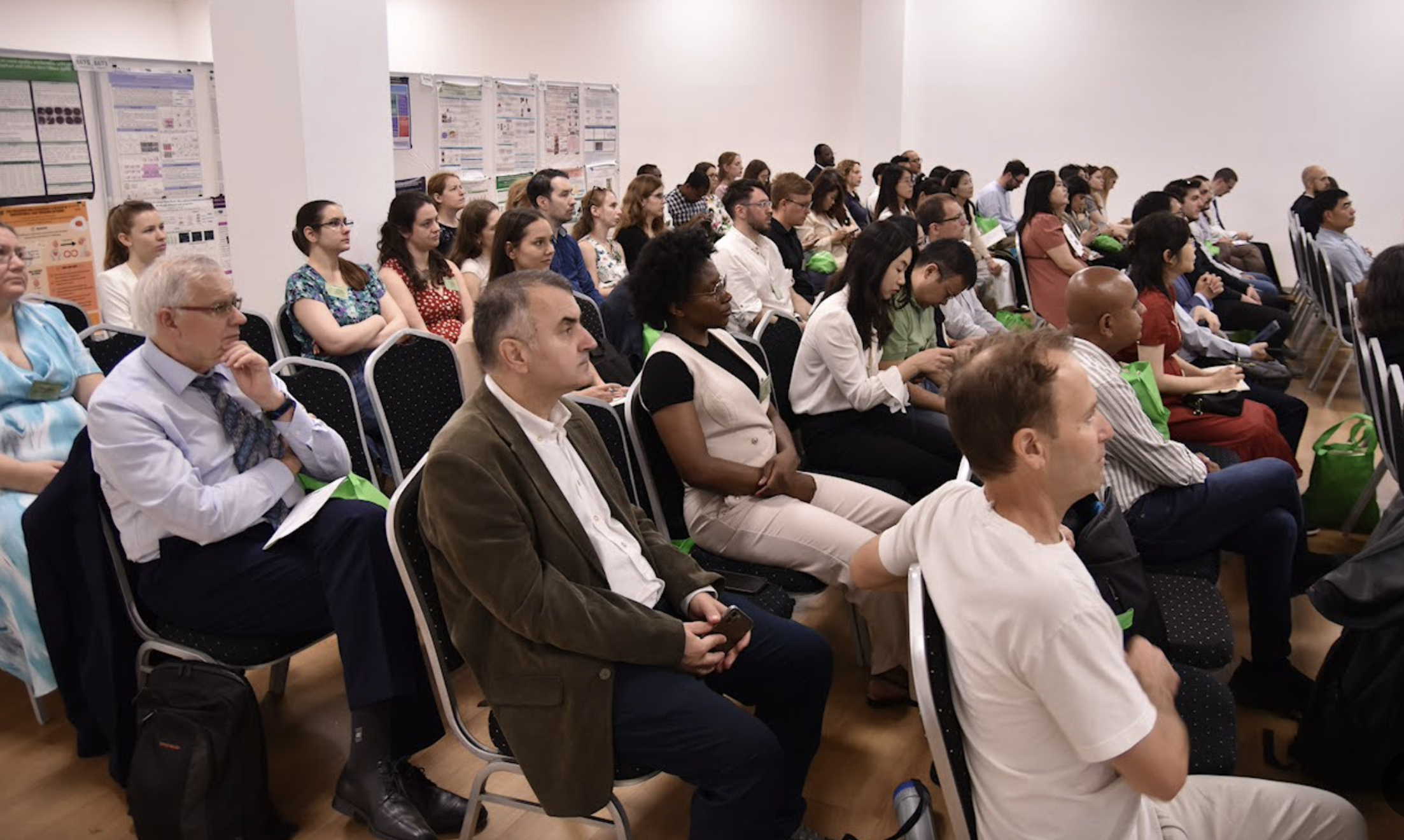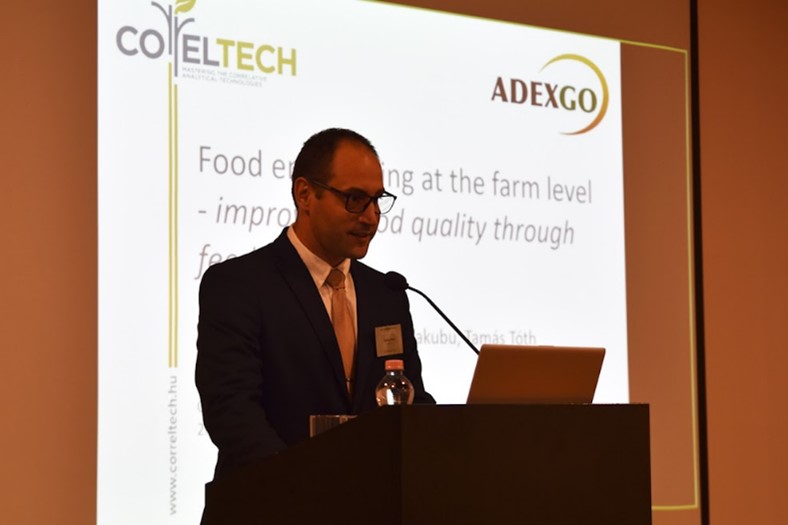
Events
The BIOSYS – Biosystems and Food Engineering International Conference was held for the sixth time in June 2025. Our colleagues are regular participants in the conference series organized in Budapest by MATE, Hungarian University of Agriculture and Life Sciences. This time we participated with a study presenting the aroma analysis of animal products from feeding trials.


News
Our second EUREKA research and development project has been completed, which we won and implemented this time together with Szent István University and Romanian consortium partners during the last three years. The aim of the project was to develop a complex instrumental wine testing technology and methodology, which can be used in the future as a supplement to classical wine testing and tasting during innovative winemaking developments. In the framework of the project, we successfully tested the rapid testing methodology on wines burdened with various wine defects, as well as on wines produced at the Winery Research Institute in Pietroasa with the WINEDRYYEAST technology developed by the Romanian partners. Results achieved during the project have been published in the peer reviewed AgroLife Scientific Journal and presented at the 5th International Conference on Biosystems and Food Engineering.
Poster

Events
ADEXGO Kft. was represented at the 4th International Conference on Biosystems and Food Engineering held in Budapest on June 4, 2021, where we drew attention to the possibility of producing foods of high added value through feed, summarizing our previous research results. We also appeared in the poster section of the conference as co-authors of another study, which later resulted in a scientific article.
The abstract of the presentation:
Food engineering at the farm level – improving food quality through feeding
Feeding farm animals is the largest cost of animal production. Consequently, the nutrition of animals became highly influenced by the need for improvement of feeding efficiency. Feed conversion to animal product has been maximized by supplying precisely designed feeds to animals bred for large scale intensive production. This practice, on one hand, led to animal products with standardized quality which does not always meet the requirements of demanding customers concerning flavor or nutritional quality. On the other hand, the utterly intensive production led to the physiological deficit of the farm animals causing health risks. In the long run, these effects are challenging to achieving profitable production, and, therefore, have to be compensated adequately. Nowadays, supplementary feeds form an important part of precision animal nutrition.
The reasons for their application include:
- to prevent or cure metabolic disorders of intensively producing farm animals;
- to improve the nutritional quality of foods with added values, leading to functional foods enriched with bioactive compounds, thereby promoting human health.
Both cases may lead to animal products with altered nutritional and organoleptic properties. Thus, the effects of these interventions on the food raw materials have to be monitored and evaluated. This presentation provides a collection of studies where the effect of supplementary feeds on the quality of foods was investigated employing chemical analyses, human sensory panel tests, and artificial flavor fingerprinting technologies. The demonstrated results cover dairy, egg, pork and poultry productions, giving a broad spectrum of the effect of animal nutrition on food quality.





